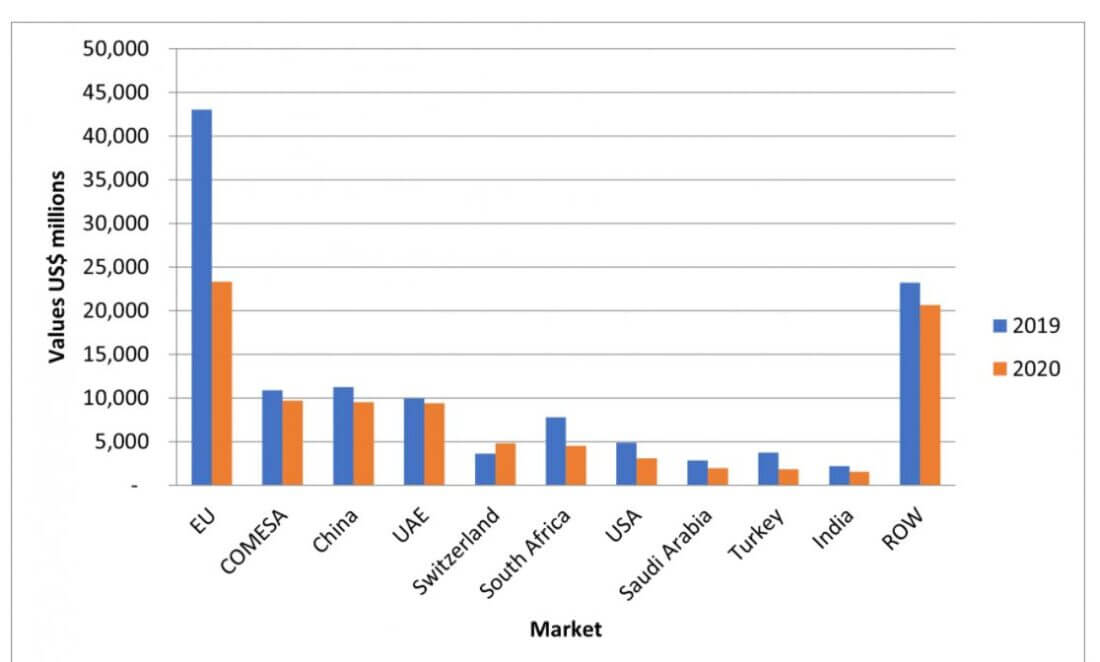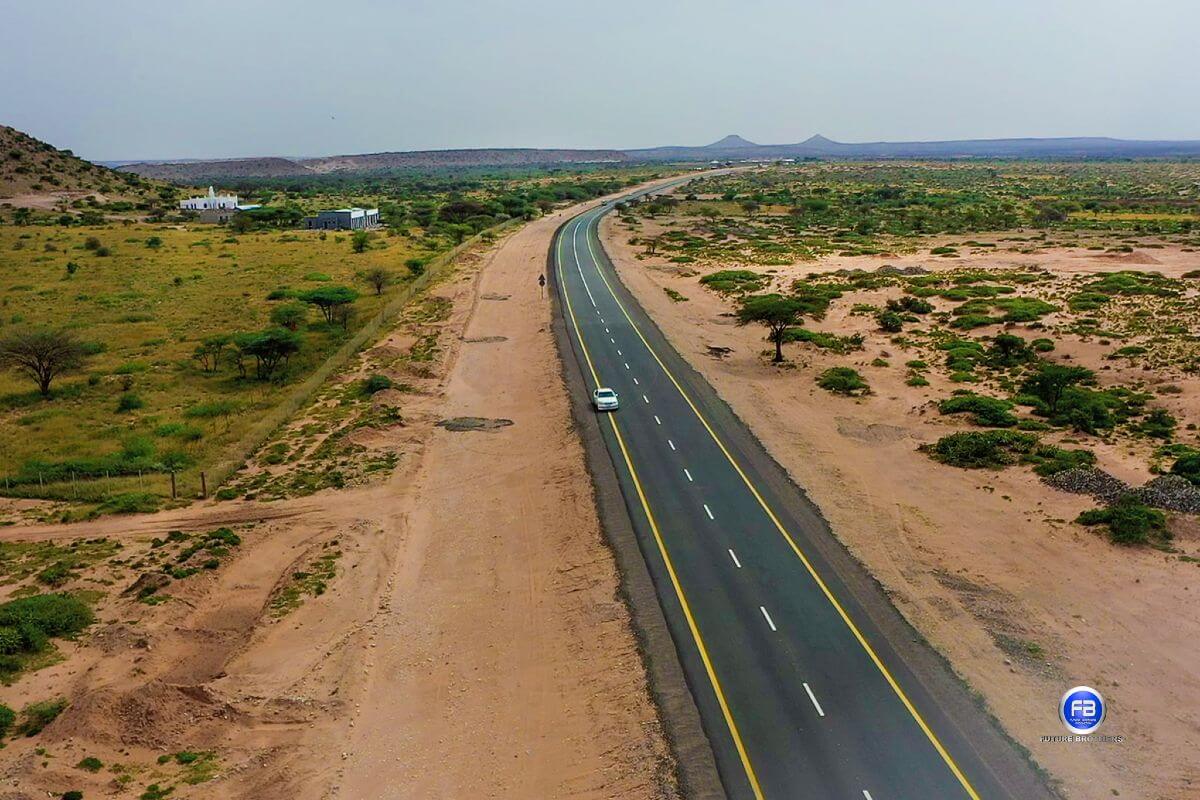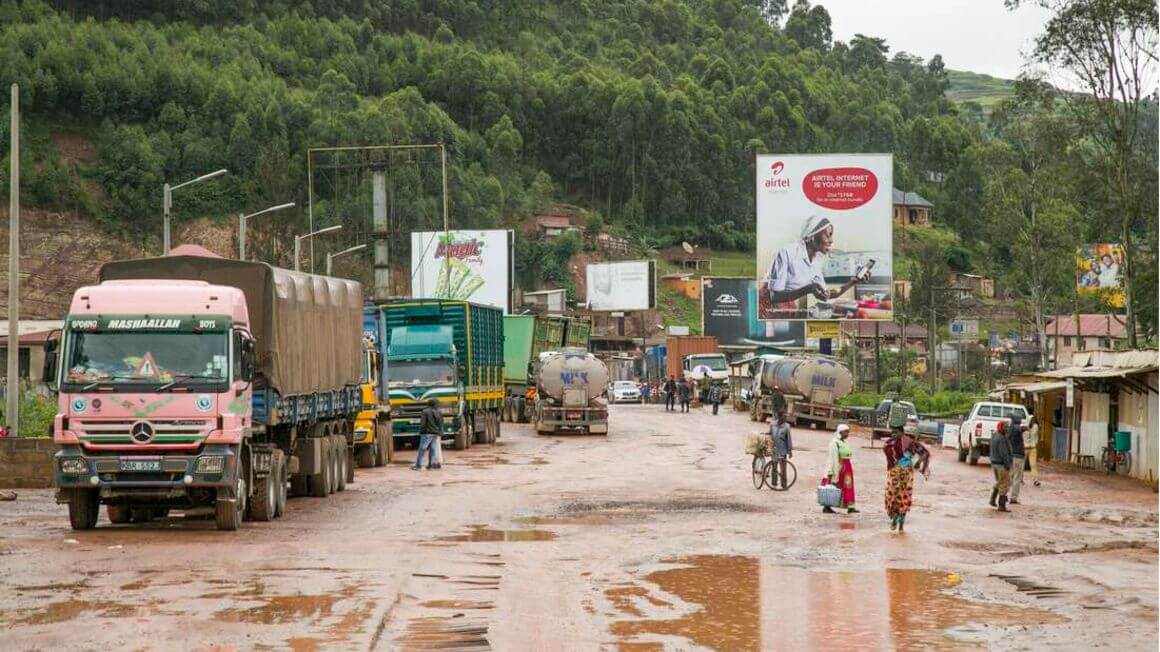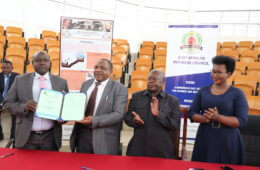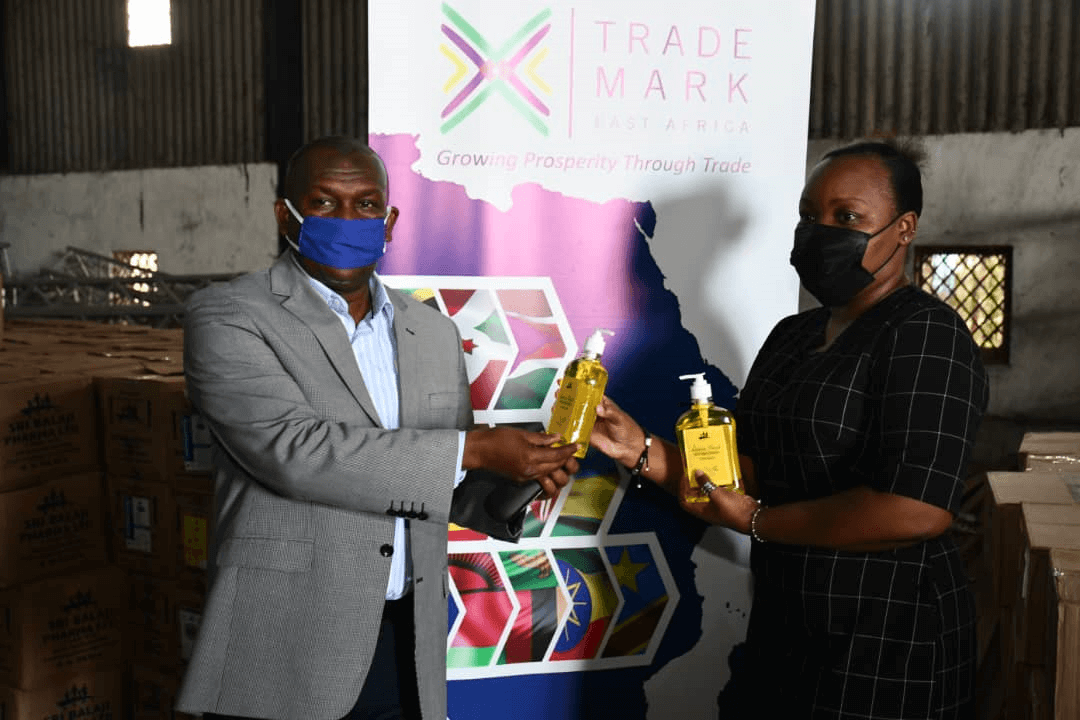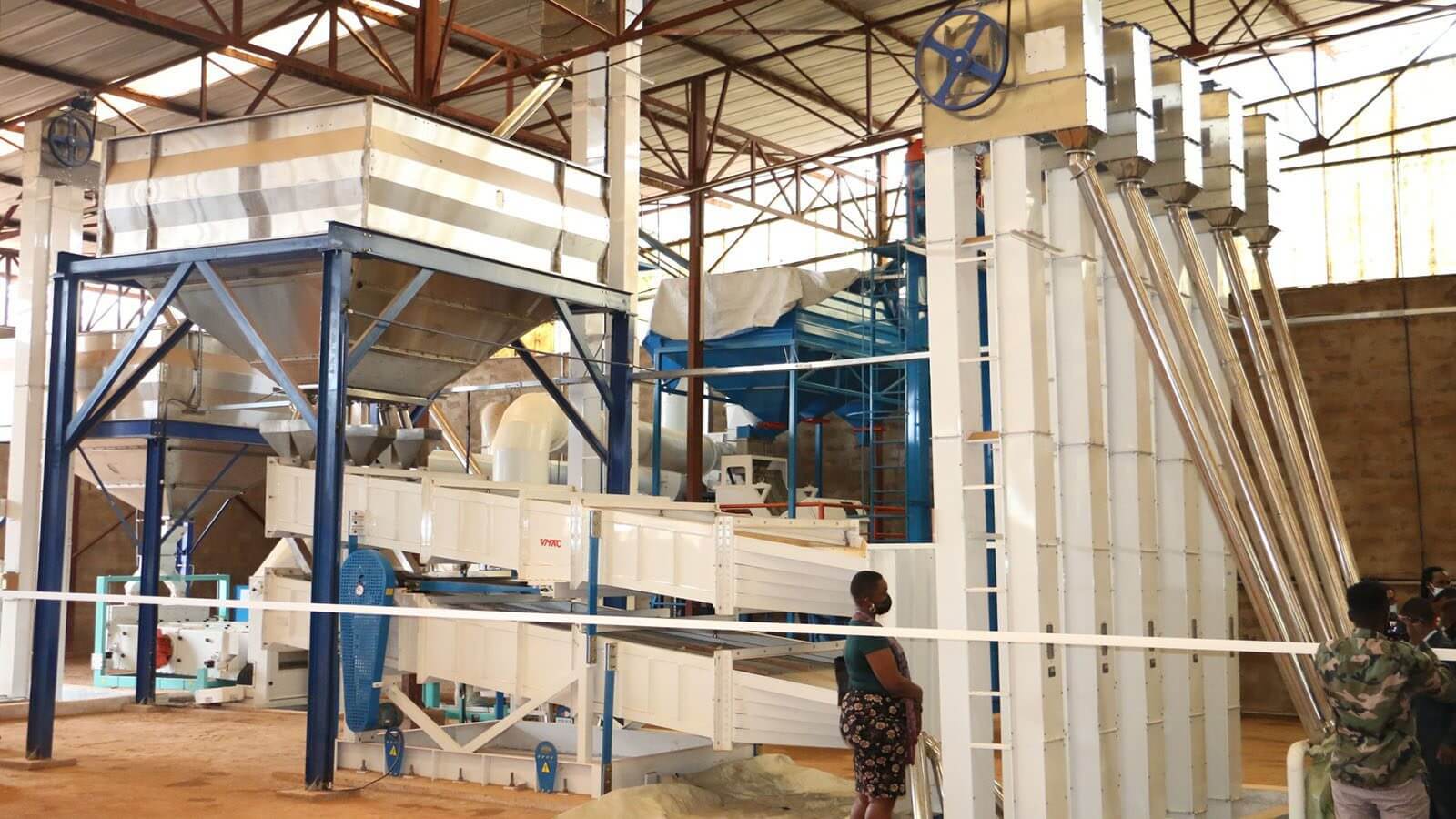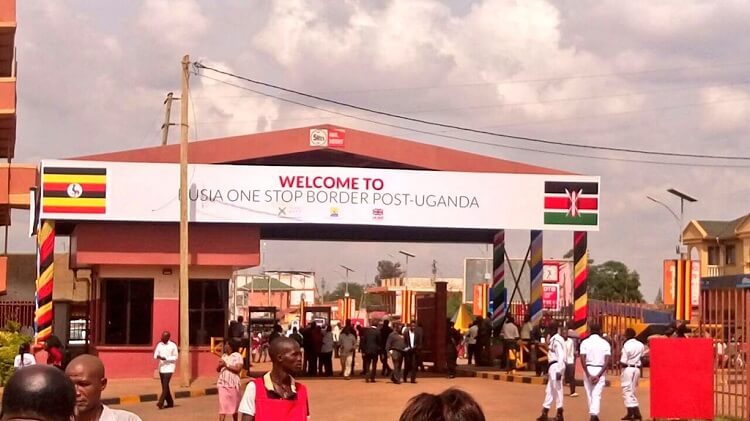The value of Intra-COMESA total exports declined by 11 percent from Ksh.1.2 trillion (US$.10.9 billion) in 2019 to Ksh.1 trillion (US$.9.7 billion) in 2020 due to adverse effects of COVID-19 pandemic and pre-existing factors such as supply-side challenges and prevalence of Non-Tariff Barriers (NTBs). The low intra-regional trade resulted from existing gaps in information availability on trading opportunities, regulatory requirements in markets and factors that inform business decisions on production of goods and trade. This was revealed during an update that was presented at the ongoing 37th Meeting of the COMESA Trade and Customs Committee, October 13 – 15, 2021. Speaking at the opening of the meeting, Assistant Secretary General in charge of programmes, Dr Kipyego Cheluget observed that regional trade could flourish if Member States embraced the COMESA trade and customs facilitation instruments and policies. “If well implemented these could significantly increase intra-COMESA trade, reduce time and cost, increase regional competitiveness, create jobs and positively impact on living standards of our people,” he said. He also said that the implementation of regional commitments and full participation of all Member States in COMESA FTA required greater efforts and improvement. In 2020, COMESA developed COVID-19 guidelines and an online platform for exchange of information on movement of essential goods and services. The aim was to ensure safe trade continued across the region. The utilization of the platform is, however, still low and member states have been urged to mobilize national business bodies to ensure its full utilization not only to address...
COMESA export trade drops by 11% to Ksh.1 trillion
Posted on: October 14, 2021
Posted on: October 14, 2021

